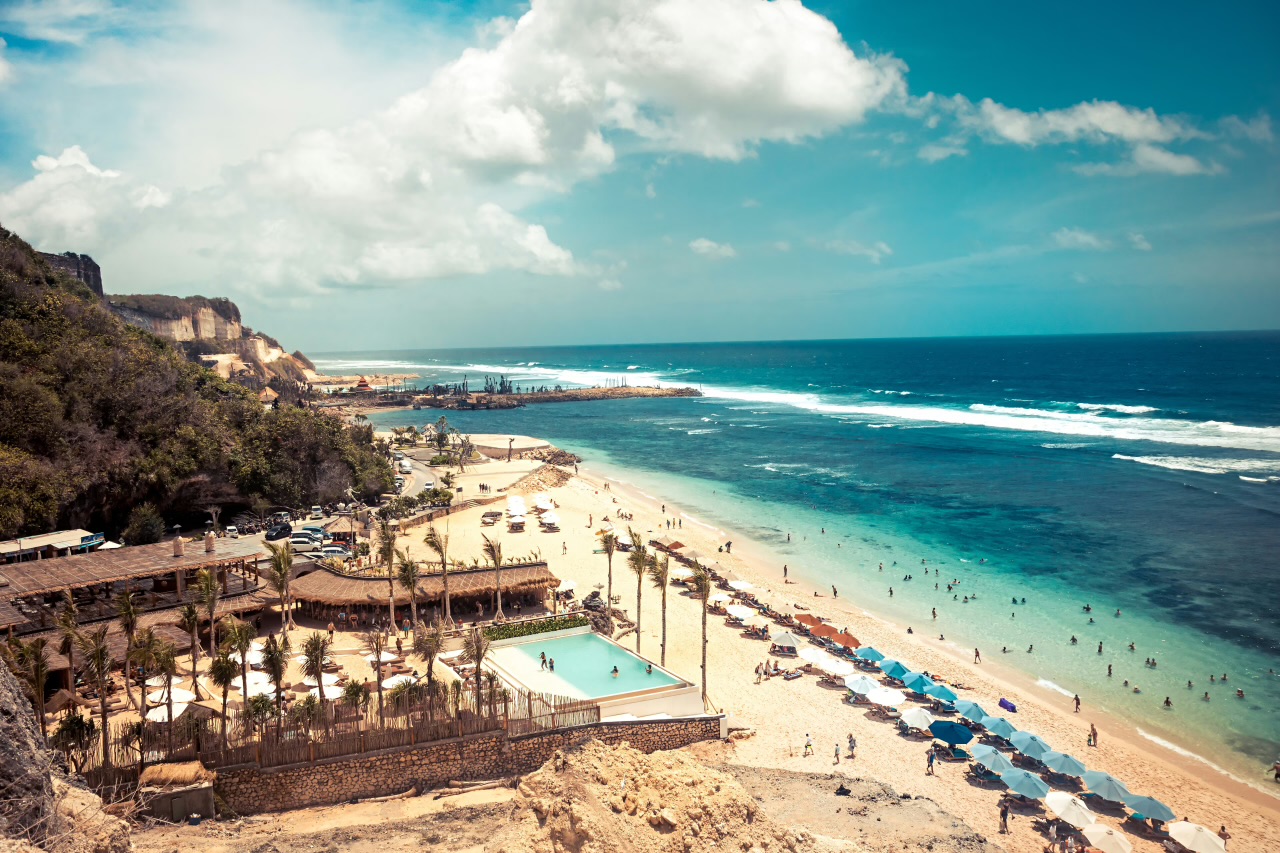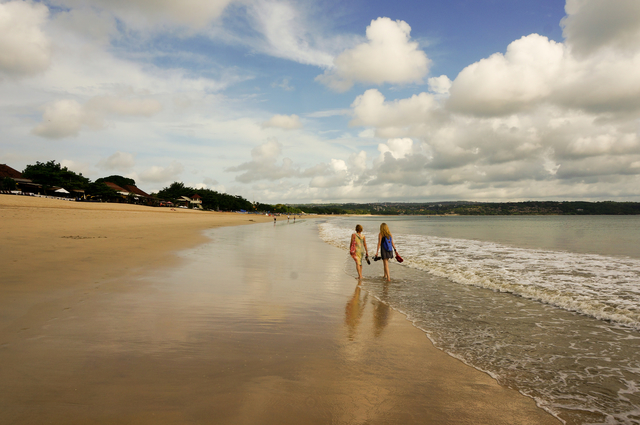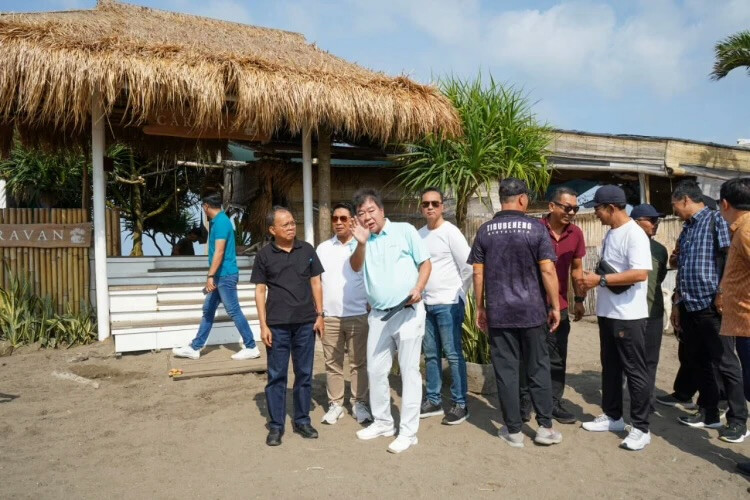After the high-profile demolition of dozens of tourist facilities at Bingin Beach, authorities in Badung are targeting new locations — this time focusing on Balangan and Melasti. Inspections have revealed that numerous buildings violate zoning laws, with some even occupying protected coastal areas.

According to the Department of Public Works and Spatial Planning (PUPR), 20 businesses in Balangan and 8 in Melasti, including Tropical Temptation (TT Beach Club), Mino Beach Club, Magus Warung, Uma Beach Club, Palmilla Beach Club, White Rock, Karma Beach Club, and Klive Beach Club, have been identified as violators. These are cafes, restaurants, and beach clubs located close to the shoreline, often lacking the full set of required documents. All have received official warnings and have been added to the list of potential demolition candidates. This action is based on new regional zoning regulations for 2025–2045. The administration's current approach is softer than in Bingin: Badung Regent Adi Arnawa stated that for Melasti, they will "discuss and thoroughly study" rather than "immediately demolish."
This is a notable event for Bali. An island where tourist developments have been at odds with urban planning for years is now receiving a "backlash." Authorities are demonstrating a willingness to restore order even in places where businesses have long been established. However, concerns are growing in the Badung regional parliament (DPRD) about what will happen to investments if such strict clearances continue.
Vice Chair of Badung's Commission II, I Nyoman Gede Wiradana, called the situation a "bombardment" of businesses: "I understand the law must be obeyed. But what will happen if we continue in this manner? Neighboring areas are already changing their zoning plans to favor investors. Do we want businesses to relocate there?"
Indeed, neighbors are adjusting their development plans and actively attracting projects that once chose Badung. Wiradana fears that the exodus of businesses from Legian, Seminyak, and Canggu might just be the beginning, leading to a mass "relocation" of tourist projects to other, more investor-friendly areas.
Chairman of Badung's Commission II, I Made Sada, also calls for a softer, more phased approach: first, helping entrepreneurs to legalize their properties and correct violations, only demolishing structures that truly cannot be saved. "We need to seek solutions, not just wave sledgehammers around. Otherwise, investors will get scared and leave," he says.
For expats and tourists, this is not just about politics and business but also about the future of their favorite spots. If authorities complete their campaign, the familiar coastline landscape could change significantly in a few years. The question is whether this "new face" of Bali will be cleaner and more harmonious or if we will lose a part of its charming chaos that draws so many here.


You can add one right now!